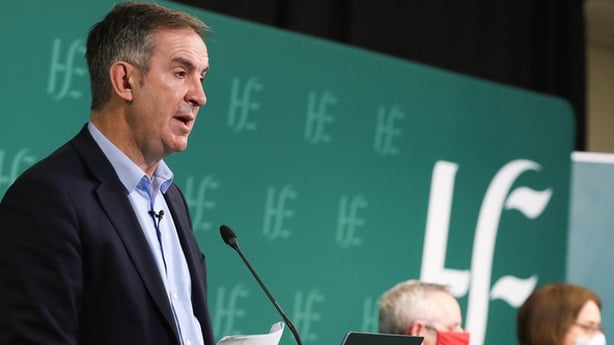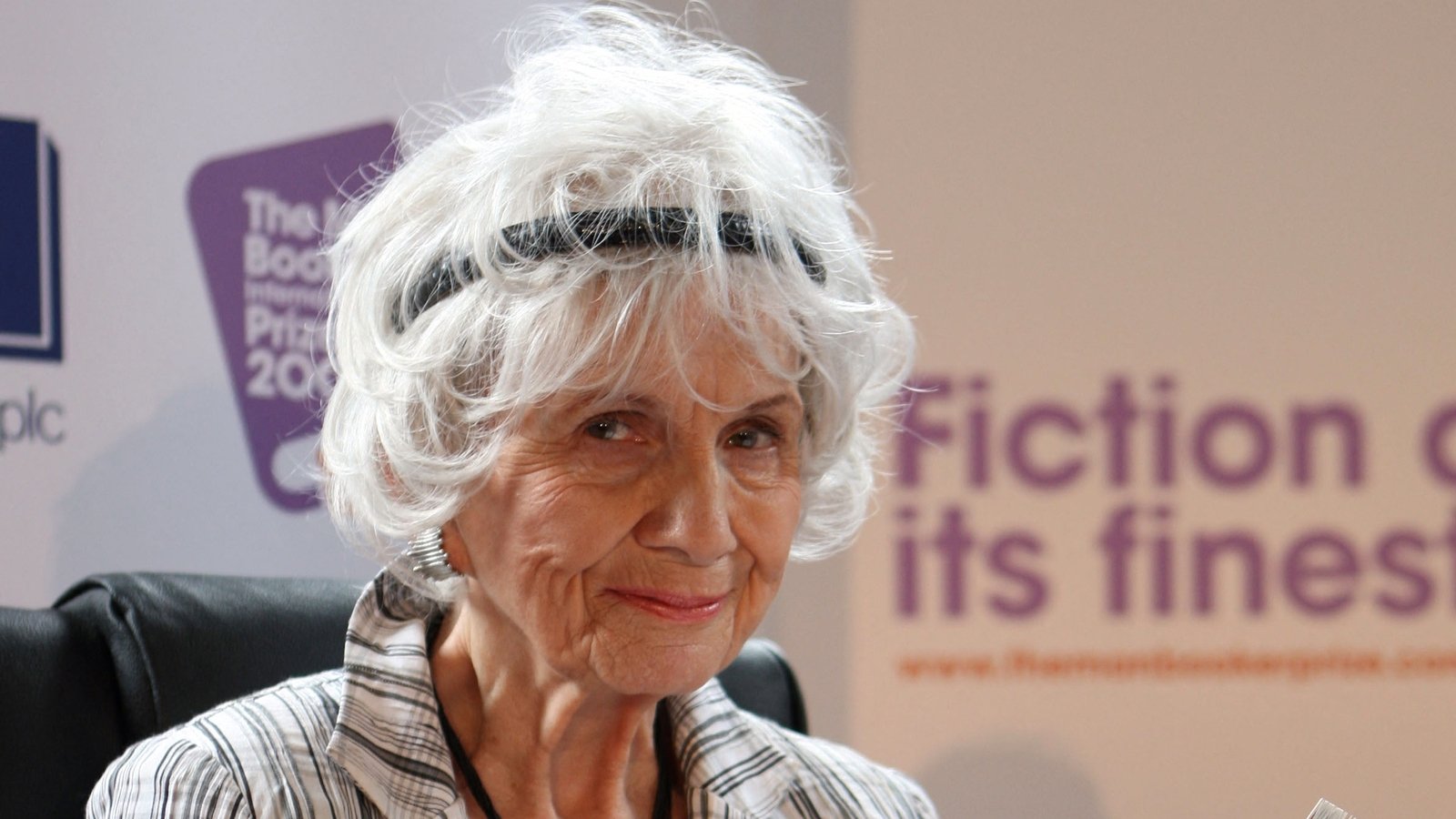The HSE’s Chief Operations Officer has said some hospitals are experiencing record attendances this week amid increases in respiratory illnesses, with the Executive advising people to consider all other options before seeking acute hospital treatment.
Emergency Departments ae experiencing a very high level of presentations due to winter viruses, with 640 people waiting for a bed yesterday, including 27 children.
The Irish Nurses and Midwives Organisation has called for all non-elective procedures to be cancelled, saying that overcrowding is leading to “very dangerous situations for patients and nurses”.
Speaking on RTÉ’s Morning Ireland, Damien McCallion said during the past six-week “respiratory period” there has been an improvement in hospitalisations, but this week some hospitals are experiencing record attendances.
He said that this week there is some pressure in particular hospitals around the country and “we are hitting the peak of that and are in around the peak of that respiratory period. So, that’s positive. But we have seen record attendances in recent days as a result.”
Mr McCallion advised that anyone who has a minor injury should attend other facilities and not acute hospitals.

“We’re asking people if they have an emergency, it’s really important they either go to the emergency department or to call 999, 112 for the ambulance service, but in the event that they have a minor injury or something that can be treated, perhaps at the local injury unit with the GP or with the pharmacy, we’re asking them to consider those options so they don’t experience delays in the emergency department,” he said.
The HSE is using all available facilities, he said, to keep the flow moving in the system and minimise the impact on people.
In relation to a shortage of hospital beds, Mr McCallion said that each hospital has a surge plan where they focus on trying to alleviate those pressures and move patients as quickly as possible to a bed, as well as discharge patients to an appropriate setting.
“There’s been a huge focus this year as well on investing in community services. So that even if patients present to ED In some cases, they can be discharged directly into some of our new community services, such as the program for older persons, and that’s working really well in certain areas of the country,” he said.
He added: “But what we’re seeing at the moment is record attendances in some locations and as a result, all of those efforts are being redoubled to try and make sure we keep the flow moving in the system and hence we minimise the delays for patients that have been triaged.”
During this period, he said, fewer elective procedures are taking place, but time-critical and trauma surgeries are carried out.
“It’s really only what we call time critical work. So, these would be serious cancer cases and the like and obviously trauma that would come in through the emergency department,” he said.
He added: “It’s been very strictly monitored at site level in hospitals by the clinical directors and chief executives of the hospital and we’ve been reinforcing that in recent days, but we’re satisfied that the patients who do need to get through for time critical surgery or obviously trauma surgery will come through the department.
“Those are prioritised and other elective work at this stage is not being scheduled in and will be scheduled as soon as we start to see this.”
Source link
 TG4 TV PC to TV
TG4 TV PC to TV
